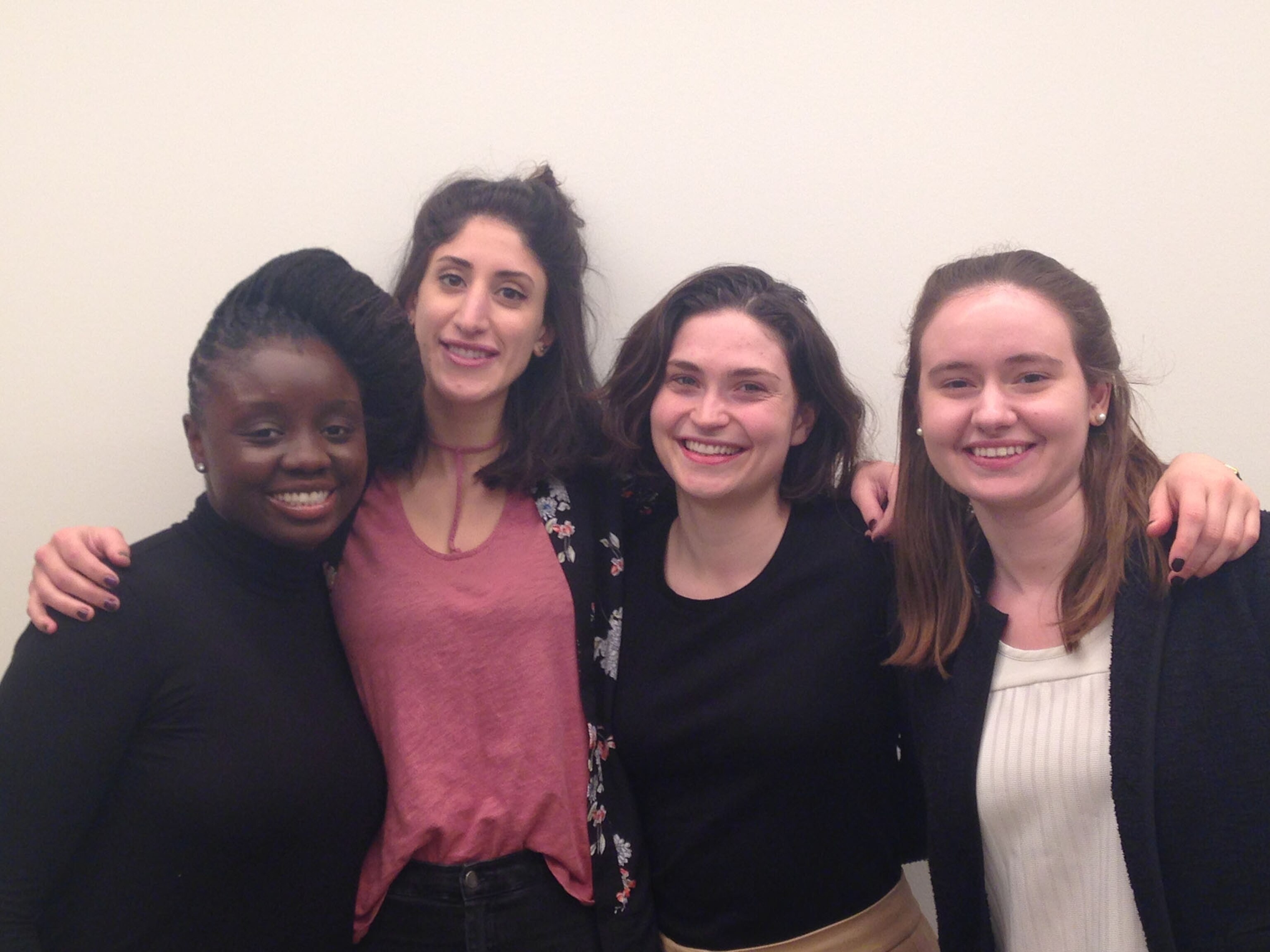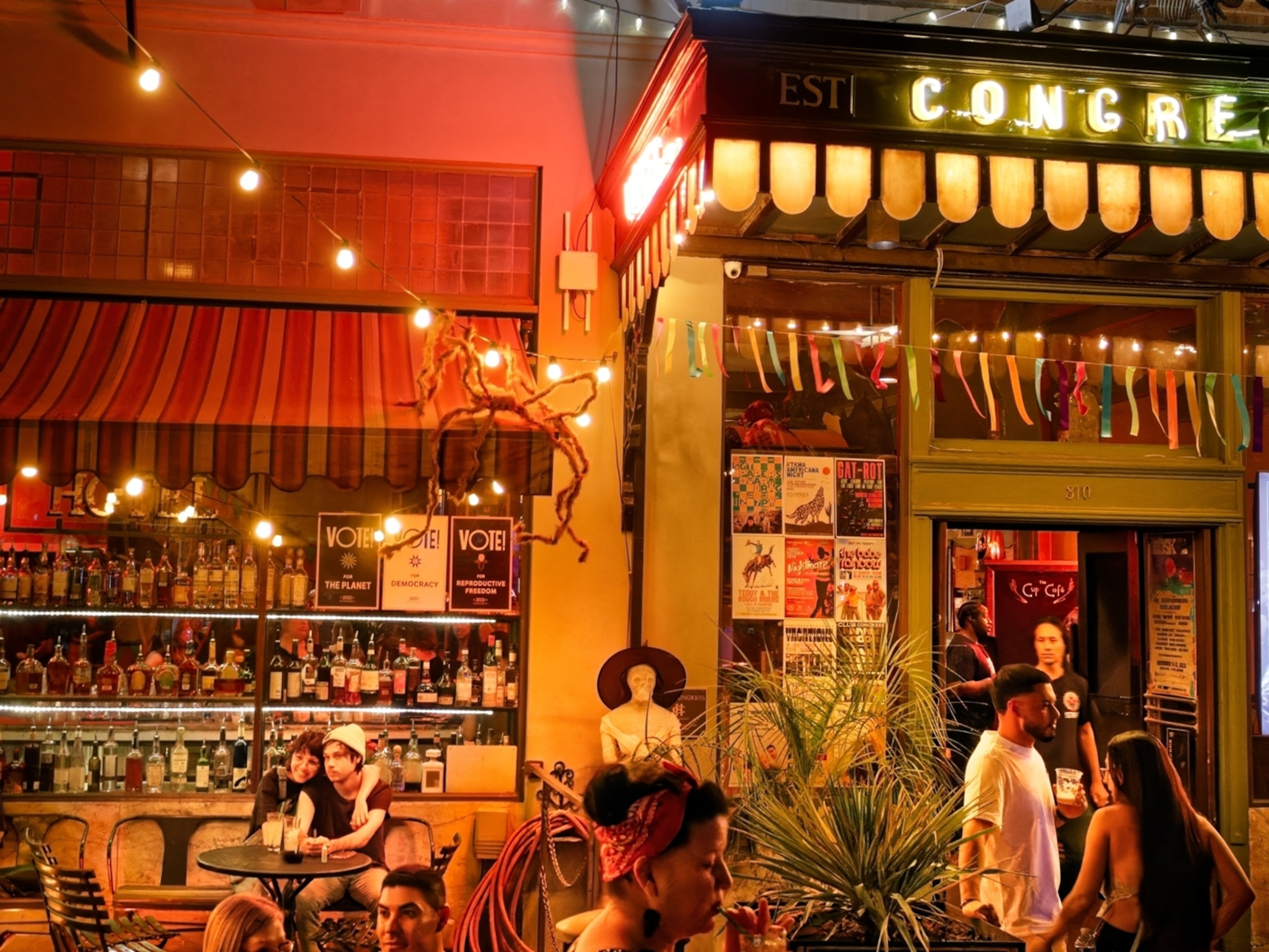
Now People Who Need It Can Text for Food Aid
A startup in Chicago is rethinking the way low-income Americans apply for social services.
Millions of people who could get food stamps in the United States are going without. It's not because they don't know about the option—it's because more than half don't even realize they qualify.
The government has a screening tool that helps people determine their eligibility for food stamps, but it's a bit daunting, with several screens of questions, and not phone-friendly. To help streamline the process, a Chicago-based nonprofit named mRelief has boiled the eligibility test down to 10 simple questions that people can answer via text message in five minutes or less.
When it comes to ushering its assistance programs into the digital age, Uncle Sam has a long way to go.
"For people who need timely access to critical benefits, interacting with the government can become as time consuming as a part-time job," two federal employees noted in a blog post from the U.S. Digital Service, which President Barack Obama created in 2014 to address the problem. The agency has been working to improve the online usability of everything from veterans benefits to citizenship applications.
But many social programs still lag behind. Visiting certain government websites can feel like traveling back in time 10 or 20 years, says mRelief cofounder Genevieve Nielsen: "That’s the technology that we’re expecting the most vulnerable in our society to be using to get really critical services."

Nielsen and her co-founder, Rose Afriyie, launched mRelief in 2014 after meeting at a software coding program. They were inspired by a presentation at the civic tech meetup Chi Hack Night, where city employees described the inefficiencies in delivering social services in Chicago. They said thousands of people apply for rental assistance, for example, even though only hundreds meet the basic requirements.
The talk resonated with Nielsen and Afriyie for different reasons. Nielsen, who is from New Orleans, recalled "the experience of seeing a social safety net break down" in the wake of Hurricane Katrina. Afriyie thought about texting-centric startups she'd seen while living in Ghana, and wondered why the same concepts couldn't be applied to problems in the U.S.
Afriyie's own family had been on the Women, Infants and Children assistance program when she was growing up in the Bronx.
"That led to my family being able to have economic mobility," she says. "That meant I had a shot to go to high school and also then college." As an adult, she began thinking about how to use technology to help deliver those same services.
About 230,000 families in 42 states have already used mRelief to get access to food aid and other public support, and Nielsen says their user base is growing 10 percent each quarter. The platform helps people find out whether they qualify for the federal Supplemental Nutrition Assistance Program, for example, and California's Yolo County is using it to help people enroll in CalFresh, a state-supervised food stamps program.
"Our technology really follows people every step of the way," Afriyie says.
With the CalFresh program, people can use their phones to apply, schedule appointments and even get a free ride to the program's office via the Lyft car service.
"This is so easy. No standing in line for hours just to see a worker," wrote one CalFresh participant on Facebook.
Nielsen and Afriyie are working to expand their services to step people along from qualifying to actually receiving benefits.
"Our users are facing tremendous challenges," says Afriyie. It might be a pregnant woman who needs help with her food budget, a student who needs fuel for exams, or a senior living on a fixed income.
"They are Americans from all walks of life who need a little support."




